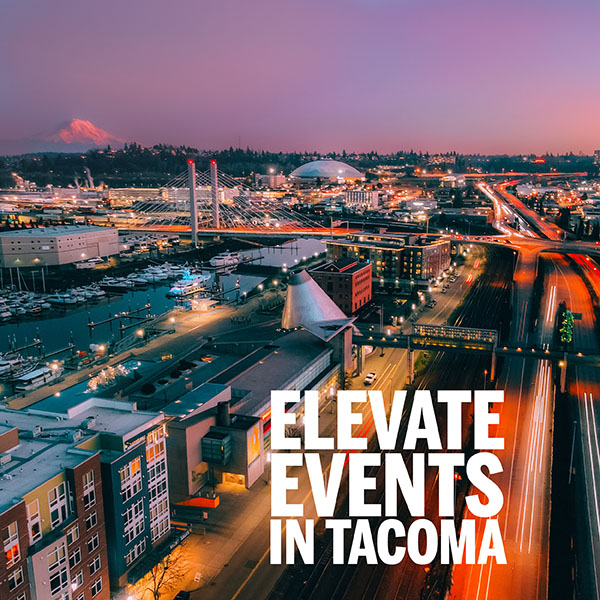January 22, 2026 - January 22, 2026
Join us for an updated about current construction projects, operational updates, and strategies to manage travel demand.
Register Today!

MPI Washington State Chapter Committee Against Sex Trafficking (CAST)
MPI Washington State Chapter is proud to continue the fight against human trafficking. Being the 3rd Seattle based company and the 1st MPI Chapter to sign the Trafficking Child Protection Code of conduct (The Code) set us apart. We need to continue the battle to end sex trafficking and encourage all of our members, planners and suppliers alike to stand up and be heard.
Contact us at cast@mpiwsc.org
Committee Co-Chairs: Jane Kantor & Olivia Sloan
We are here to support YOU
CAST Committee members are here to help you make an impact. We have information and training resources available that can be tailored to you or your organization’s needs. Please contact us at cast@mpiwsc.org to set up a time to discuss the options.
Steps to Take a Stand
Planners
1. Education
- Human trafficking is a complex issue. First, take the time to educate yourself, coworkers, and customers on the issue of sex trafficking, how it happens, and how to spot it. CAST Committee members are here to help you get informed and spread the word.
Training can be as simple as a five-minute online video to a full-day,
in person training.
2. RFP Language & Preferred Suppliers
- Express your interest in working with suppliers that address human trafficking. Include a single line in your RFP stating your values and inquiring about human trafficking policies and Code membership.
- This will alert business partners about your corporate commitment to child protection and their role in addressing the issue.
- This action may also encourage other suppliers to take steps to address human trafficking, and earn your business in the future.
3. Communicate Reporting Protocols
- While the ultimate goal is to prevent human trafficking from happening, it is important to know what to do, or not to do, if you see happening at one of your events.
- Communicate clear and concise reporting protocols to your staff, attendees, and suppliers
- Examples:
- Incorporate a brief training or information on the event registration website, or send along with the registration confirmation
- Add the National Human Trafficking Reporting hotline to the back of attendee name badges
- Include reporting information in conference materials
- Examples:
Suppliers
1. Education
- Human trafficking is a complex issue. First, take the time to educate yourself, coworkers, and customers on the issue of sex trafficking, how it happens, and how to spot it. CAST Committee members are here to help you get informed and spread the word.
Training can be as simple as a five-minute online video, to a full-day,
in person training.
2. Build the Business Case
- Assess your organization’s potential risk or connection to human trafficking. This doesn’t just apply to hotels- all industries and sectors are impacted by this issue.
- Provide your management with information regarding training, resources, and encourage them to sign The Code.
- You will be setting your organization apart from the rest and making a difference in the lives of others, all while protecting your brand and attracting clients. CAST Committee members can help assist you in building a business case for why your organization should participate.
3. Communicate Reporting Protocols
- While the ultimate goal is to prevent human trafficking from happening, it is important to know what to do, or not to do, if you see happening at one of your events.
- Communicate clear and concise reporting protocols to your staff and customers. Even if they have good intentions, it’s important that they do not put themselves in danger, or worsen the situation for the trafficking victim
- Examples:
- Put the National Human Trafficking Reporting hotline in elevators or hotel rooms
- Include reporting information in conference materials
- Examples:
We all have the opportunity to be an agent of change and bring an end to human trafficking.
Partners & Resources
Businesses Ending Slavery and Trafficking (BEST)
Businesses Ending Slavery and Trafficking (BEST) aligns and equips leaders to use the power of business to prevent human
trafficking. Initially focusing on the hotel and hospitality sector, BEST quickly developed a reputation for delivering innovative, relevant and collaborative training that enabled hotels and their employees to prevent the sexual exploitation of children
and women. Part of this work also focused on sponsorship and training of survivors of prostitution and
ECPAT USA
Twenty-five years ago, ECPAT-USA became the first U.S.-based nonprofit to work on the issue of commercial sexual exploitation
of children. ECPAT-USA started with sex tourism, helping to get legislation passed that ensured that Americans who traveled abroad to buy sex with minors could be prosecuted in the US for sexually exploiting children in other countries. As the
leading policy organization in the United States seeking to end the commercial, sexual exploitation of children, ECPAT-USA focuses on awareness, advocacy, policy, and legislation. ECPAT-USA is a member of ECPAT International, a network of organizations
in 88 countries working together toward one common mission: to eliminate the sexual exploitation of children. To protect every child’s basic human right to grow up free from the threat of sexual exploitation and trafficking, ECPAT-USA:
- Advocates for federal and state legislation that prevents exploitation,
protects children, and guarantees that any child who is subjected to sexual slavery or sex trafficking will not be prosecuted in the courts for prostitution. - Promotes corporate responsibility among private companies with a strong focus on the tourism sector.
- Educates first responders and ordinary citizens about this issue so that they can identify victims and join us in the fight to better protect children.
- Empowers youth to take the lead against human trafficking by equipping them with the knowledge and tools necessary to help them become activists against this terrible trade.
